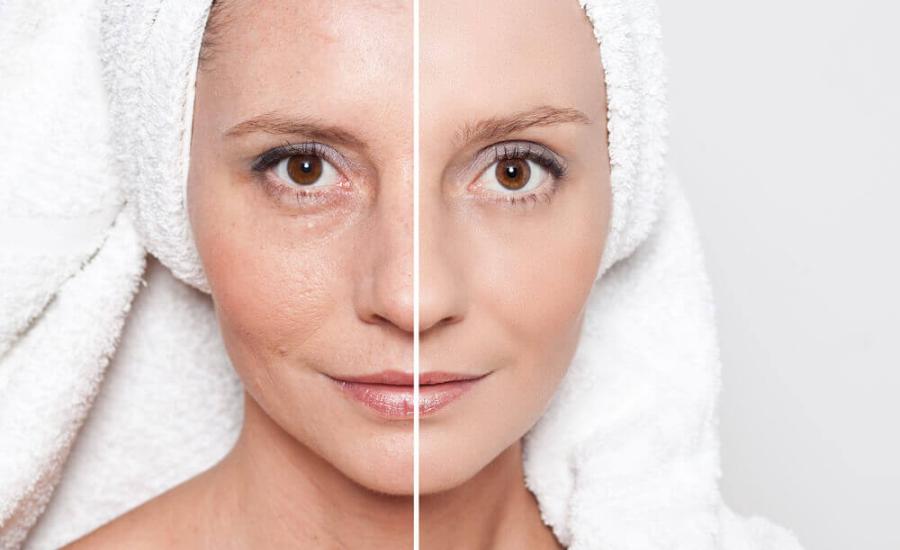
What is it?
Laser Wrinkles Reduction precisely removes skin layer by layer. New skin cells form during the healing process giving the skin a firmer and more youthful appearance.
How is it performed?
- Laser skin resurfacing's targeted approach means there are fewer problems with hypopigmentation, or a lightening of the skin, for procedures such as laser acne scar removal.
- Our specialists will perform this technique using beams of light by sending short, concentrated pulsating beams at the chosen area of the skin. This helps in removing unwanted damaged skin in a very precise manner
Benefits
Laser Wrinkles Reduction is known to improve-
- Fine lines or wrinkles around or under your eyes, forehead, or mouth
- Scars from acne or chickenpox
- Non-responsive skin after a facelift
- Aged or sun-damaged skin
- Liver spots
Risks
Potential risks of the procedure include-
- Burns or other injuries from the laser's heat
- Scarring
- Changes in the skin's pigmentation, including areas of darker or lighter skin
- Reactivating herpes cold sores
- Bacterial infection
Recovery
- Don’t scratch or pick at skin that crusts as this can cause scarring or lead to an infection
- Cleanse the treatment area two to five times a day as instructed by your doctor.
- Sleep on an extra pillow at night to help reduce the swelling for the first four days
- Apply a cool compress or a wrapped ice pack for 15 minutes every one to two hours as needed, during the first 24 to 48 hours
- Don’t smoke. Smoking slows the healing process.
FAQ
Who is a good candidate for Laser Wrinkles Reduction?
You may be an ideal candidate for laser skin resurfacing if you have:
- Scars from acne or chickenpox.
- Uneven skin pigmentation.
- Skin scars or birthmarks.
- Age spots, liver spots.
- Sun-damaged skin.
When should one avoid Laser wrinkle reduction?
You may not be a good candidate for laser skin resurfacing if you have:
- Active acne.
- Very dark skin.
- Deep wrinkles.
- Excessive or sagging skin.
How can one prepare for Laser Wrinkle removal?
- Avoid tanning or heavy sun exposure and use a broad-spectrum sunscreen daily for four weeks before treatment.
- Avoid deep facial peel procedures for four weeks before treatment
- Don’t use medications that cause photosensitivity

